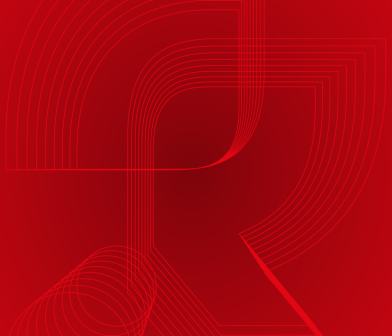Lack of Flexibility
If your CMS has been in use for a while, chances are your business operations have evolved. This may involve implementing new technologies or updated workflows. For a CMS to meet the demands of modern digital marketing, it needs to integrate seamlessly with other systems such as e-commerce platforms, customer data platforms, and social media applications. If your current CMS lacks flexibility, it can severely impact productivity.
Lack of Scalability
Traditional CMS platforms were primarily designed for the web, but content consumption has expanded to various channels such as smartwatches and apps. To facilitate a multichannel strategy, a CMS should function as a central content repository that can distribute content across multiple channels and websites. A recent study found that 48% of surveyed companies use more than one CMS. Half of them did so because their existing CMS supported only one channel or lacked the necessary technology for their needs.
Security Issues
With the rapid digitalization in recent years, targeted cyberattacks on organizations have significantly increased. Research shows that in 2021, there was a 15.1% rise in cyberattacks compared to the previous year. This trend is expected to continue as more businesses embrace the digital future. In 2019, 94% of successful cyberattacks targeted WordPress sites, despite WordPress holding a 65.1% market share in CMS. This high number underscores the importance of not compromising on security risks. An outdated CMS is one of the first things that should be addressed to mitigate security risks.
In summary, a lack of flexibility, scalability, and security in your CMS can hinder your digital marketing efforts and expose your organization to risks. It is crucial to assess your current CMS and consider upgrading or migrating to a more robust and adaptable solution to meet the evolving needs of your business.





